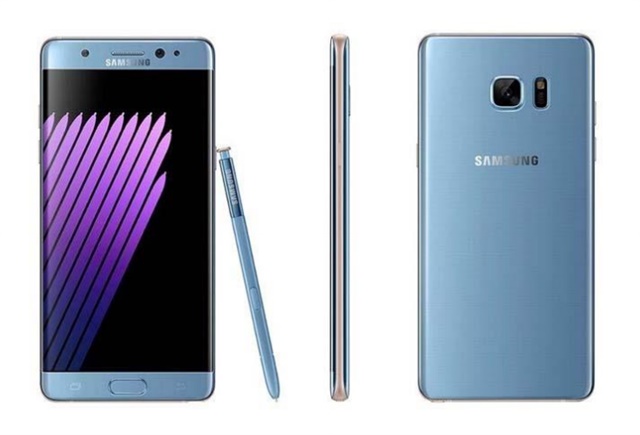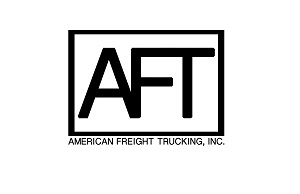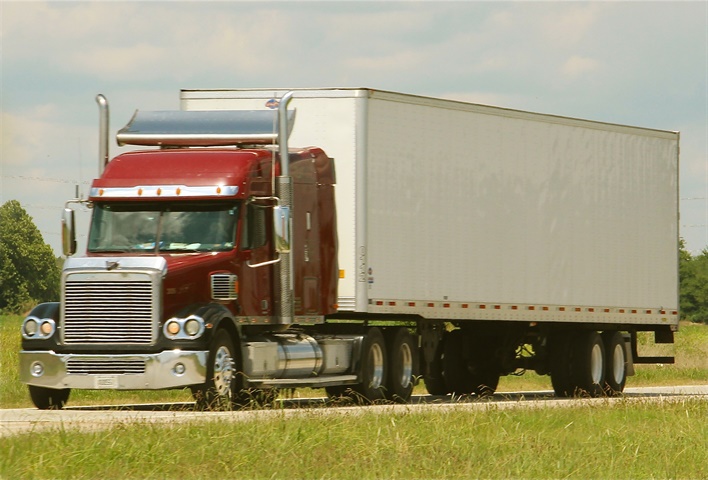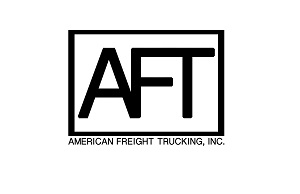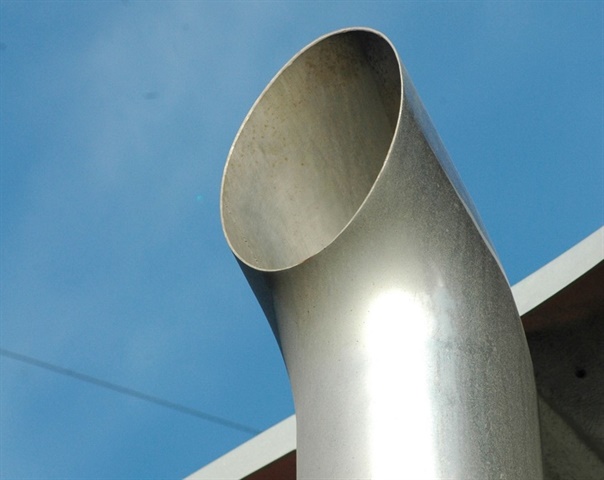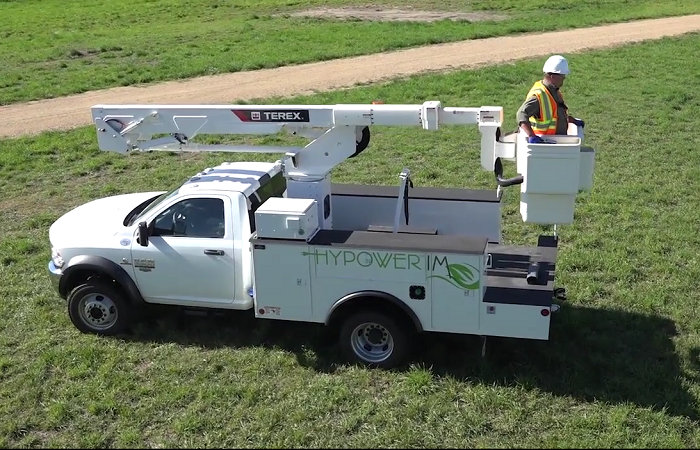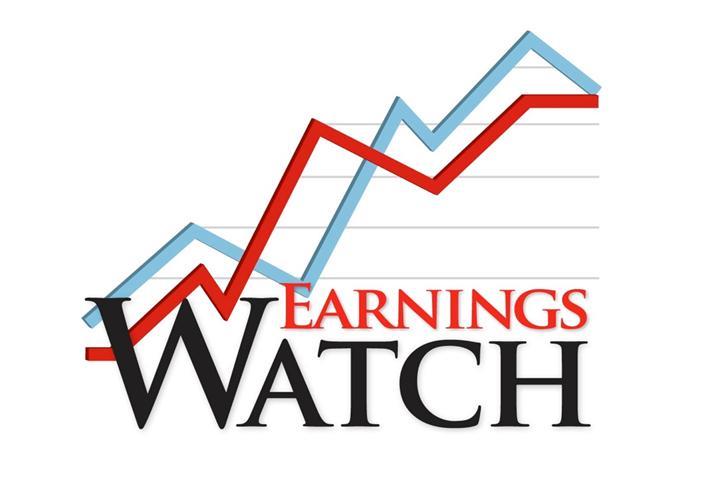FMCSA Warns Drivers About Defective Samsung Galaxy Note 7
Image via FMCSA
">Image via FMCSA
">The Federal Motor Carrier Safety Administration has issued a safety advisory to drivers and passengers of commercial vehicles, warning them of the risks and regulations associated with transporting damaged or defective lithium batteries and the recently recalled Samsung Galaxy Note 7 device.
The Samsung Galaxy Note 7 has been the subject of two major recalls as a result of reports of the smartphone exploding and lighting on fire leading to injuries and damages. After an initial recall failed to solve the problem, Samsung has told retailers globally to stop selling and issuing replacement Galaxy Note 7 phones.
As a result of the danger posed by a potentially dangerous device, the Galaxy Note 7 was also banned from all commercial flights by the FAA.
Like most portable electronic devices, the Galaxy Note 7 contains a lithium-ion battery, which can overheat and catch fire, posing a serious burn and fire hazard if the device is defective.
FMCSA's safety advisory extends to any damaged, defective or recalled lithium cells or batteries and electronic devices.
While carrying the Samsung Galaxy Note7 smartphone aboard a CMV by drivers and passengers has not been banned, FMCSA is recommending that all persons who wish to carry these devices on a CMV, including motorcoaches, take the following precautions:
Turn off the deviceDisconnect the device from any charging equipmentDisable all applications that could inadvertently activate the phone (e.g., alarm clock)Protect the power switch to prevent its unintentional activation Keep the device in carry-on baggage or on your person. Do not store in an inaccessible baggage compartment.Federal Hazardous Material Regulations forbid the transportation of electrical devices like batteries and battery-powered devices – which can create sparks or generate a dangerous heat buildup – unless the object is packaged in a manner that prevents or protect from such an occurrence.
The recalled ...Read the rest of this story
